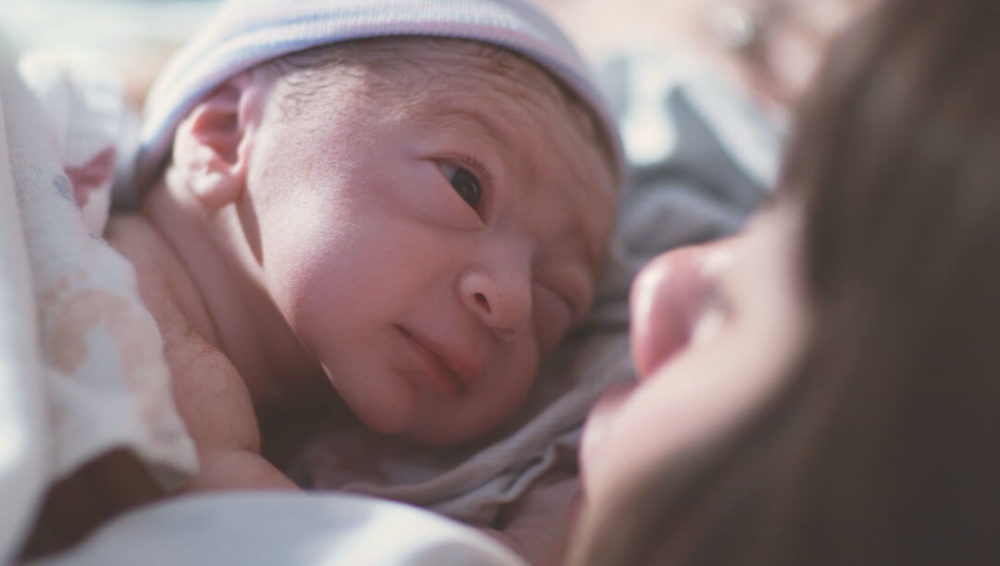The undisturbed first hour: the benefits of bonding right after birth
Giving Birth

Babies are usually separated from the mother immediately after birth. Some of these babies are missing the benefits of skin-to-skin time right after birth – also known as an undisturbed first hour.
Some studies have shown that what happens during the first hour of life can maximize the emotional bond between a mother and her baby. Uninterrupted contact between mother and newborn during the “golden hour” after birth can be really important to the child’s wellbeing. After all, this is how children were born for millions of years.
Since cleaning, weighing, and measuring size right after birth are not really important to Your Child’s emotional well-being, there is no reason they can’t be delayed beyond the first hour.
What is first-hour bonding?
Immediately after birth, the baby is placed tummy down on the mother’s abdomen — even before being cleaned. A warm blanket is then placed over both mother and baby to keep Your Child warm. This procedure often slows the production of adrenaline (a stress hormone) and increases the production of oxytocin and prolactin hormones in the mother, which enhances bonding and breastfeeding. But there are other benefits:
4 reasons for first-hour bonding
Initiation of breastfeeding. Babies are born with an instinct to crawl to their mother’s breast and attach themselves to the nipple. This will happen right away if the baby is placed skin-to-skin with their mothers. It is now known as the ‘breast crawl’. The baby’s instinct coincides with the release of oxytocin and other hormones in the mother. Together they promote the success of breastfeeding. The sucking of the breast by the baby causes the release of hormones that help the mother connect to her child as well as cause the uterus to contract and stop bleeding. Studies have shown that nursing within the first 60 minutes of life improves infant survival rates and increases the likelihood of continued breastfeeding.
Body system regulation: Babies who are left skin-to-skin with their mothers for the first 60 minutes after birth have a better ability to regulate their temperature and respiration.
Promotes delayed cord clamping: Some of the hospitals that promote an undisturbed first hour also leave the umbilical cord intact while it is still pulsating. This can allow babies to still receive oxygen through the placenta while adjusting to breathing through their lungs.
Reduces stress in the baby: Babies are ready to interact with their mothers immediately after birth. If newborn babies aren’t exposed to medication, they will be alert, look into their mother’s eyes, and recognize the smell and sound of their voice. If babies are separated from their mothers they can be afraid or protest loudly.
Talk to your doctor about it
Many modern hospitals promote an undisturbed first hour as a better way to give birth. If you want this for you and Your Child, talk with your obstetrician if the hospital and the pediatric doctor, who might take care of your baby after birth, can make it happen.
Verified:
Dr. Wanwadee Sapmee Panyakat (OB-GYN), license no. 41208 (6 March 2019)



